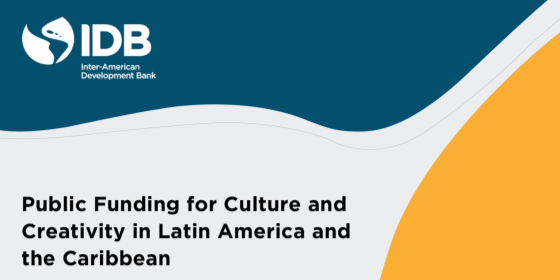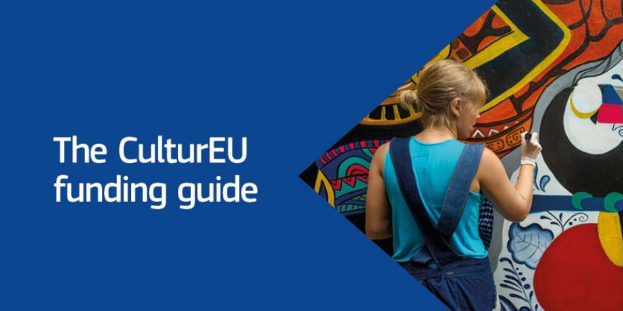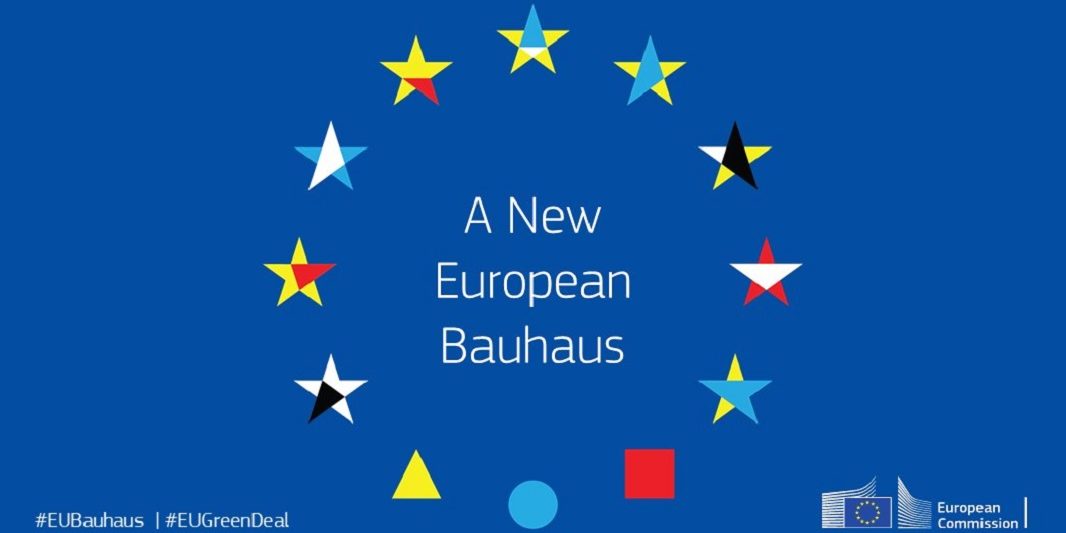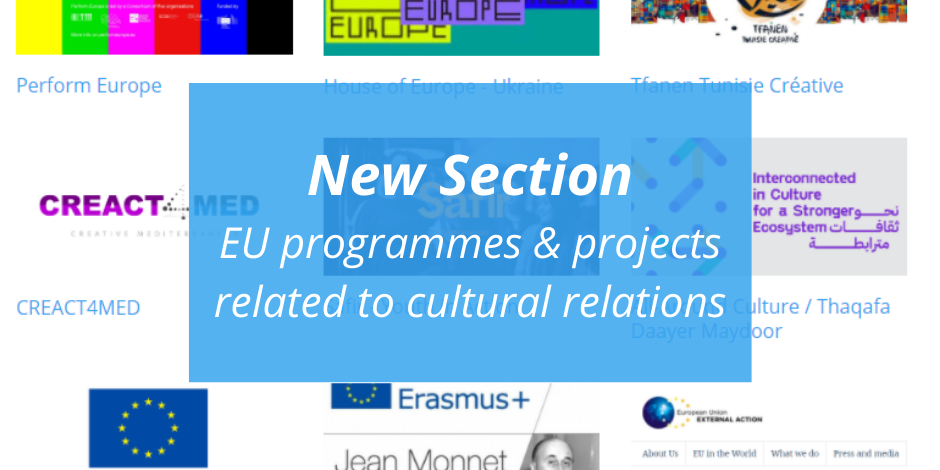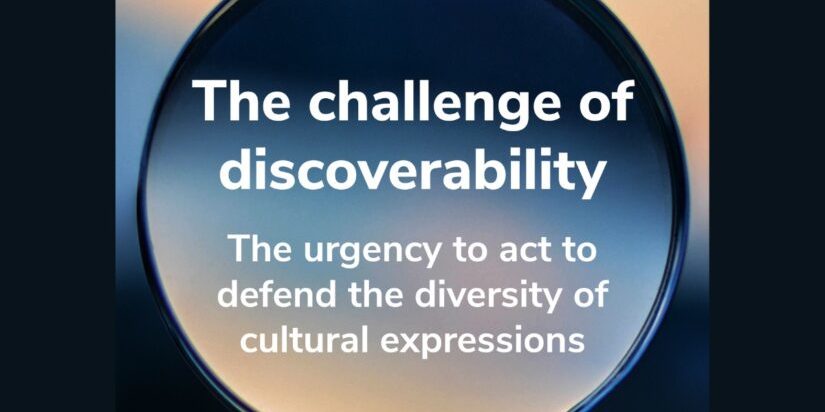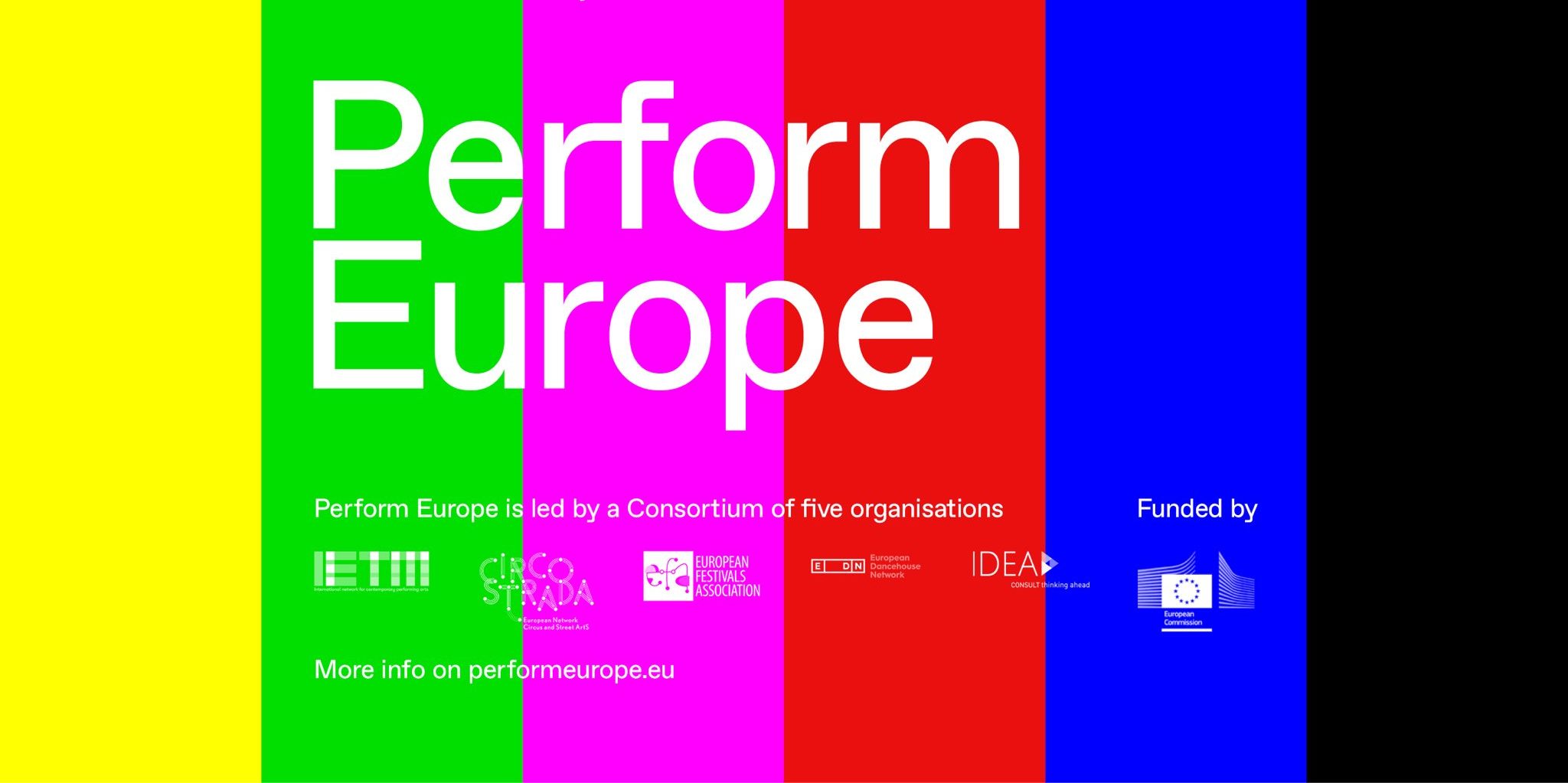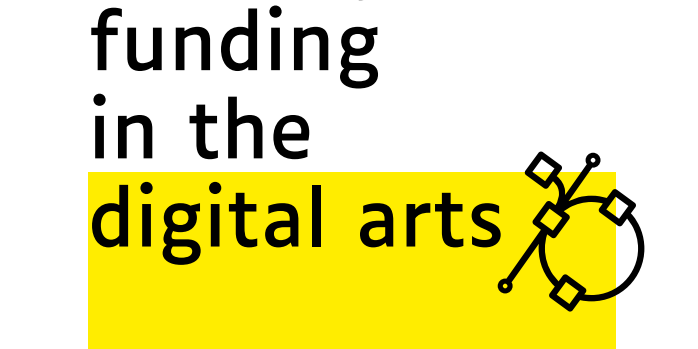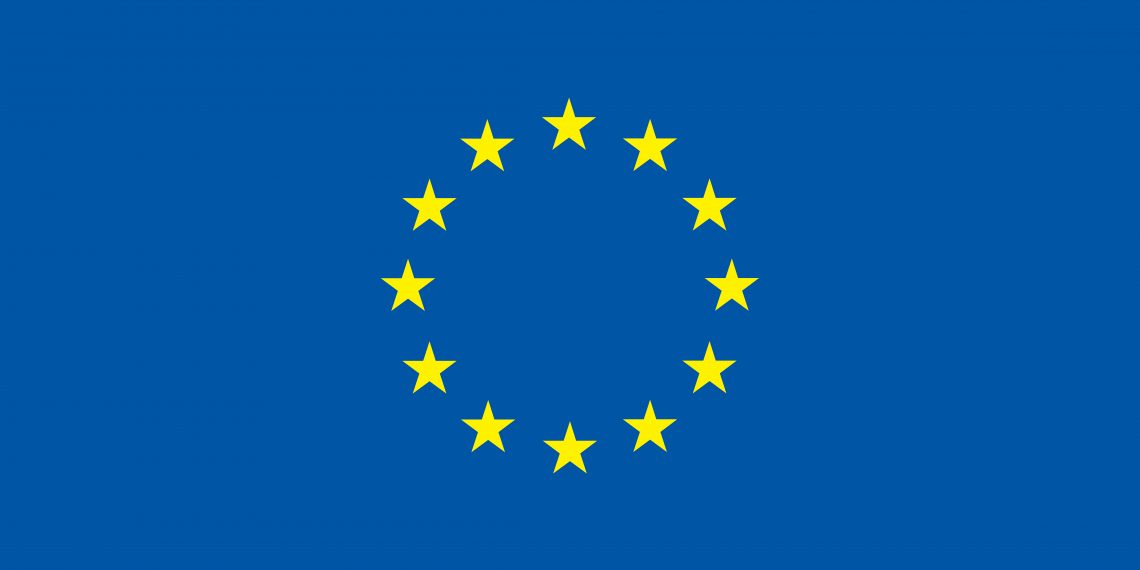European cultural cooperation projects in the Western Balkans
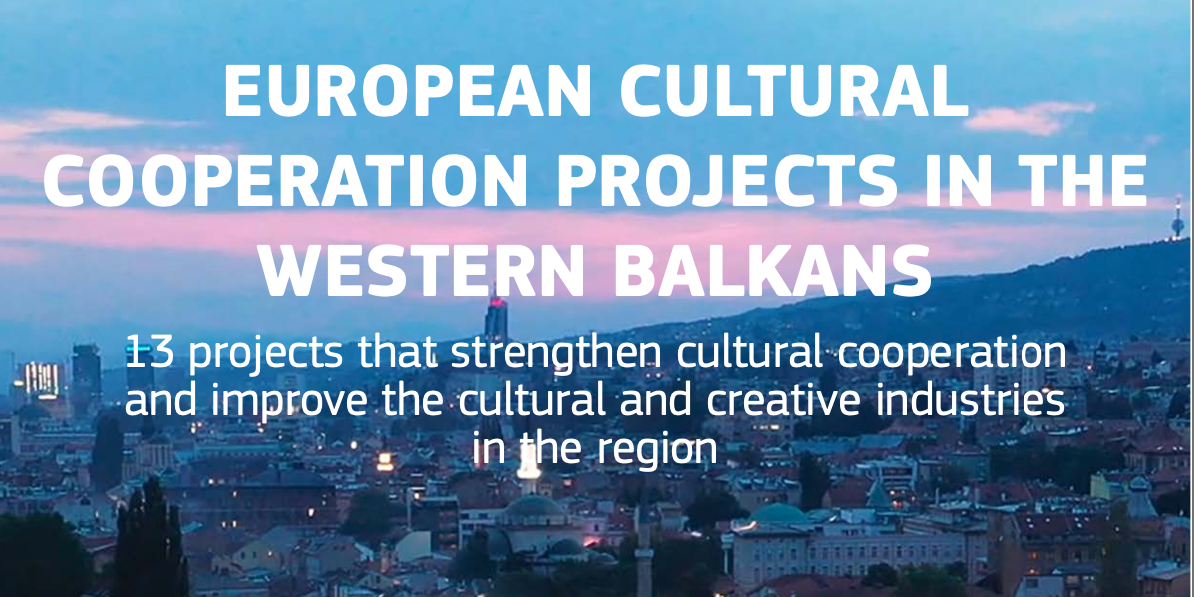
The EU and the Western Balkans share a history, deep cultural roots and a common future. In July 2019, the European Commission decided to reinforce cultural cooperation in the Western Balkans as an engine for reconciliation and good neighbourly relations. A specific call built on the Creative Europe programme and funded by the Instrument for … European cultural cooperation projects in the Western Balkans

